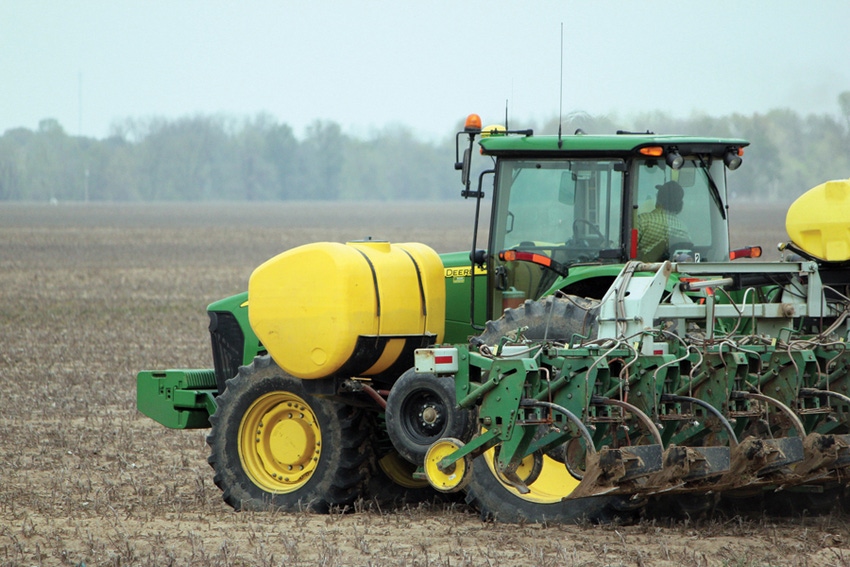
Do you have challenging roles to fill on your farm or agribusiness? Maybe it’s the location, long hours, or the actual job duties. Perhaps it’s just the fact that it’s a job seeker’s market, with record unemployment rates.
There are many factors that a job seeker considers when searching for a new career or looking at companies that they wish to work for. Realistically, some jobs are easier to fill than others. AgCareers.com surveyed ag job seekers in our Candidate Experience Survey to develop these three tips for recruiting hard-to-fill roles:
Focus on your Brand
From small farms, to large corporations, every business has an employment brand to develop and build. An employer’s reputation is significant to candidates; more than 80% of ag employees told us a company’s brand/image (reputation) was important or very important in selecting which jobs they would apply for.
What’s your reputation in the community? Word-of-mouth is a powerful advertising and recruitment tool.
Sell your business as one that a candidate would want to work for. Be specific about the job role, responsibilities and location, but also focus on your employer brand and what you offer outside of the basics. Target the candidates you are seeking and speak their language. Why would someone want this job? Tell the candidate what’s in it for them.
Be Attentive: Communicate
Communication throughout the process is the most important candidate experience in developing a positive impression of an employer. It’s difficult for an organization to over-communicate with a candidate!
Overwhelmingly, candidates note lack of response as the most discouraging aspect of the application process. Start simply by acknowledging receipt of their application. Even if the applicant isn’t a good fit now for the current opening, they may be in the future. An employer’s lack of response will make applicants unlikely to pursue employment with your organization in the future.
Likewise, follow-up after the interview, even if the candidate doesn’t get the job this time. Eighty-four percent of ag candidates said they had some form of continued communication with employers, even if they were rejected for the current job opening.
An honest interview
Create a positive interview experience. Ag job seekers reported that the most influential factor in creating a positive interview was to make sure the “actual job description properly aligns with the job posting.” It’s the old bait and switch advertising effect. Don’t oversell or add a lot of fluff to the job posting. This will only frustrate the candidate if they discover through the interview that the job is not as advertised. Why waste their time, and yours?
Sufficient preparation by the employer is also imperative to make sure they ask relevant questions, the second most influential factor to candidates. Results also show that employers should also set expectations for the post-interview process during the interview. Reveal the next steps and when you expect to make a hiring decision.
For more information on creating a positive candidate experience, download your free copy of the 2018 AgCareers.com Candidate Experience Survey.
The opinions of the author are not necessarily those of Farm Futures or Farm Progress.
About the Author(s)
You May Also Like






